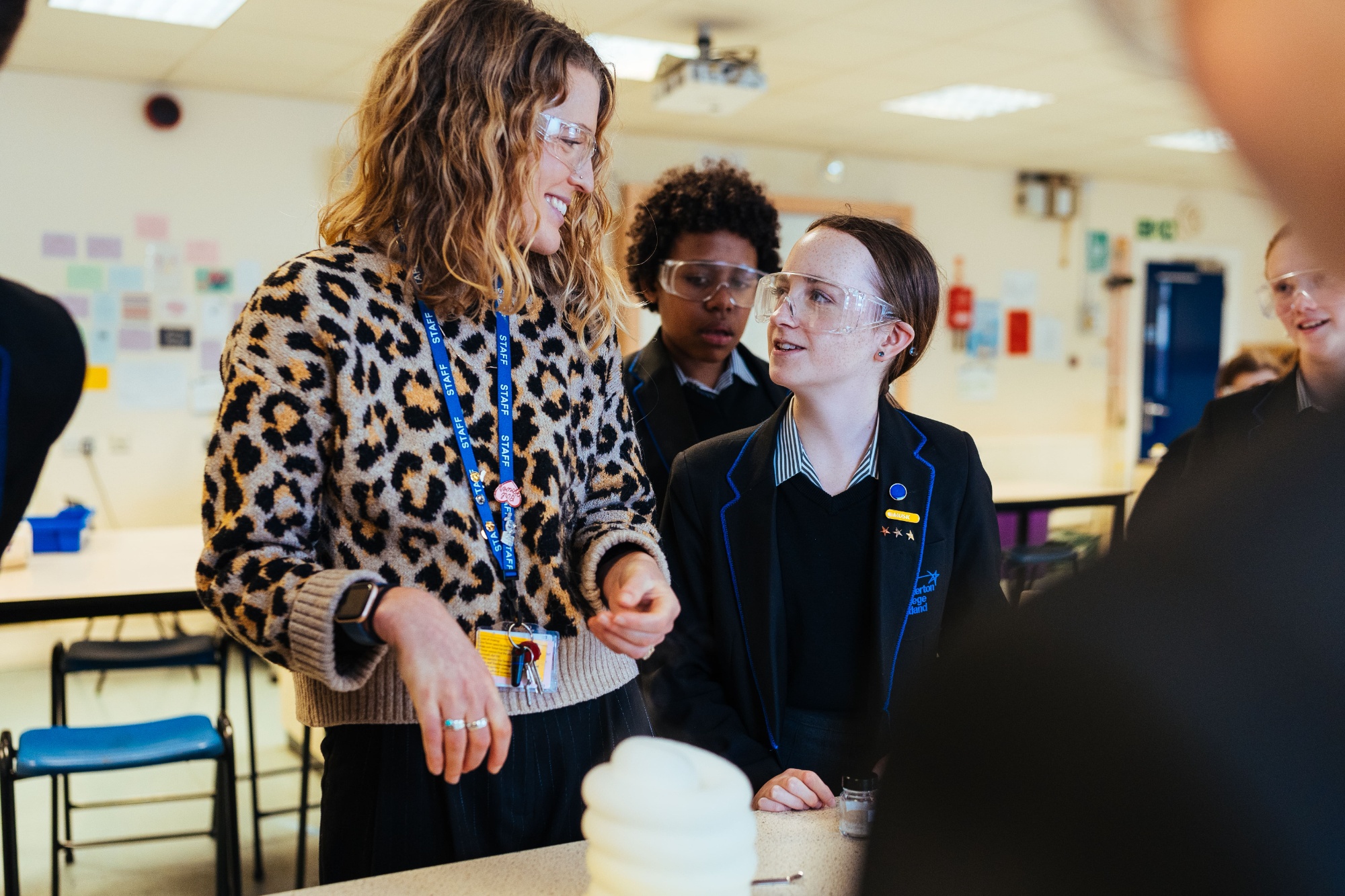A high-quality science education provides the foundations for understanding the world through the specific disciplines of biology, chemistry and physics. Science has changed our lives and is vital to the world’s future prosperity, and all students should be taught essential aspects of the knowledge, methods, processes and uses of science. Through building up a body of key foundational knowledge and concepts, students should be encouraged to recognise the power of rational explanation and develop a sense of excitement and curiosity about natural phenomena. They should be encouraged to understand how science can be used to explain what is occurring, predict how things will behave, and analyse causes.
Biology
Biology is the science of living organisms (including animals, plants, fungi and microorganisms) and their interactions with each other and the environment. The study of biology involves collecting and interpreting information about the natural world to identify patterns and relate possible cause and effect. Biology is used to help humans improve their own lives and to understand the world around them.
Chemistry
Chemistry is the science of the composition, structure, properties and reactions of matter, understood in terms of atoms, atomic particles and the way they are arranged and link together. It is concerned with the synthesis, formulation, analysis and characteristic properties of substances and materials of all kinds.
Physics
Physics is the science of the fundamental concepts of field, force, radiation and particle structures, which are inter-linked to form unified models of the behaviour of the material universe. From such models, a wide range of ideas, from the broadest issue of the development of the universe over time to the numerous and detailed ways in which new technologies may be invented, have emerged. These have enriched both our basic understanding of, and our many adaptations to, our material environment.
